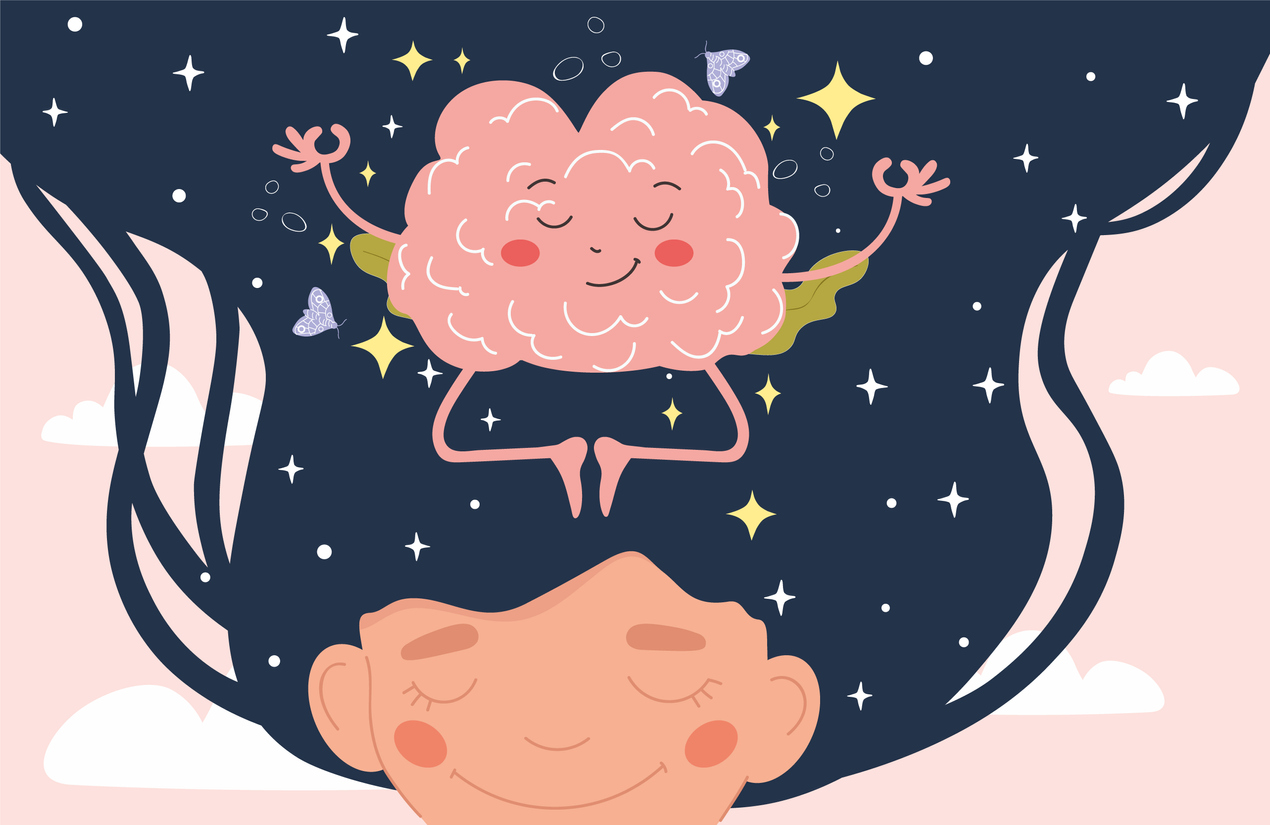Living with Chronic Pain
Dealing With Frustration
Source: National Center for Biotechnology Information: U.S. National Library of Medicine: National Institutes of Health, WebMD

2 people found this helpful
Print
Share
Save
Frustration involves feelings of irritability or anger as a result of being unable to accomplish a matter. Dealing with chronic pain can cause frustration due to various aspects of the condition, such as the inability to participate in activities or being unable to obtain treatment that consistently relieves pain. Frustration can lead to negative impacts on mental, physical and social well-being.
Being frustrated can prevent individuals from taking steps to improve their wellness. Frustration contributes to anger, irritability, and depression. It may also result in aggressive behavior. Tips for dealing with frustration include, but are not limited to, the following:
- Talk about feelings of frustration. Expressing feelings of frustration to a trusted family member, friend, physician, or therapist can help with sorting through and coping with the feelings. By verbalizing the frustration, pent-up feelings are released.
- Consider joining a chronic pain support group. Frustration may result when people without chronic pain do not understand what it is like to live with chronic pain. Joining a chronic pain support group provides the opportunity to speak with others who understand and have first-hand experience. Support groups can be found online or in person through medical offices, hospitals, or community groups.
- Journal about frustration. Journaling can help release emotions and identify triggers. This helps decrease mental distress, including frustration.
- Determine an alternate goal or plan. When frustration occurs as a result of being unable to reach a goal or accomplish a task, consider adjusting the goal or developing a plan to reach the goal. For example, if chronic pain prevents daily physical activity, changing the goal to being physically active four to five days per week may be more realistic. Instead of trying to walk one mile every day, opt for chair yoga or swimming on days when pain is elevated.
- Recognize what can and cannot be changed. Change what can be changed and let go of things that cannot. When frustrating aspects of life with chronic pain cannot be changed, work on accepting those situations for what they are. This is a challenging process that takes time, but it helps to reduce feelings of frustration.
Additional source: PsychCentral


















